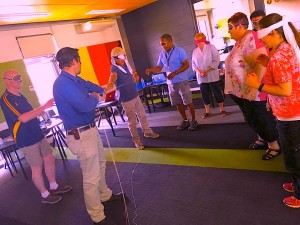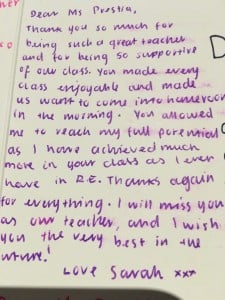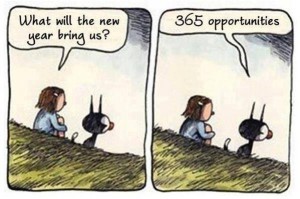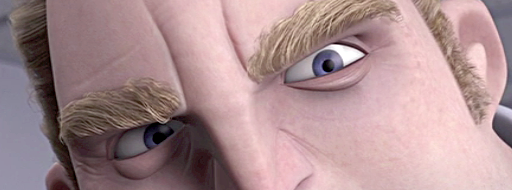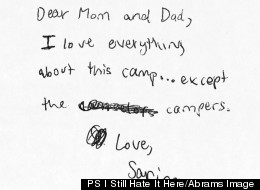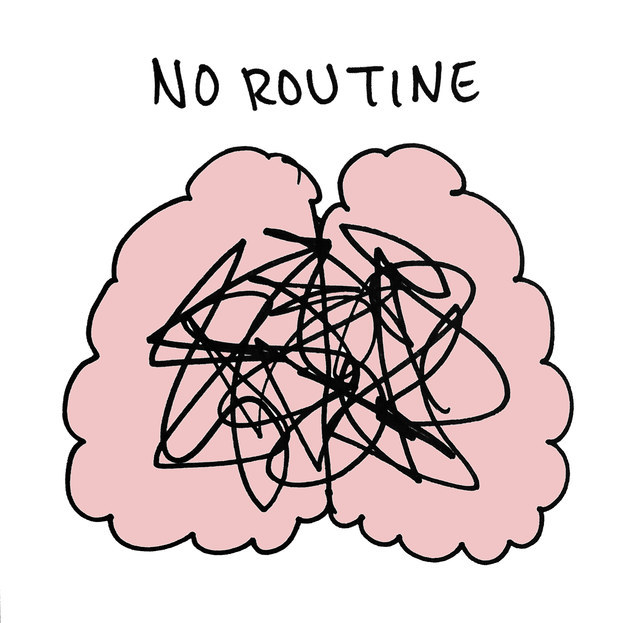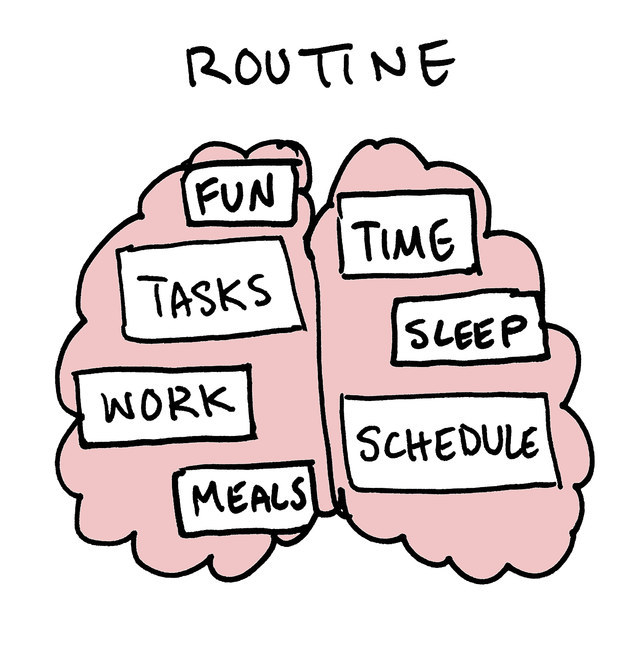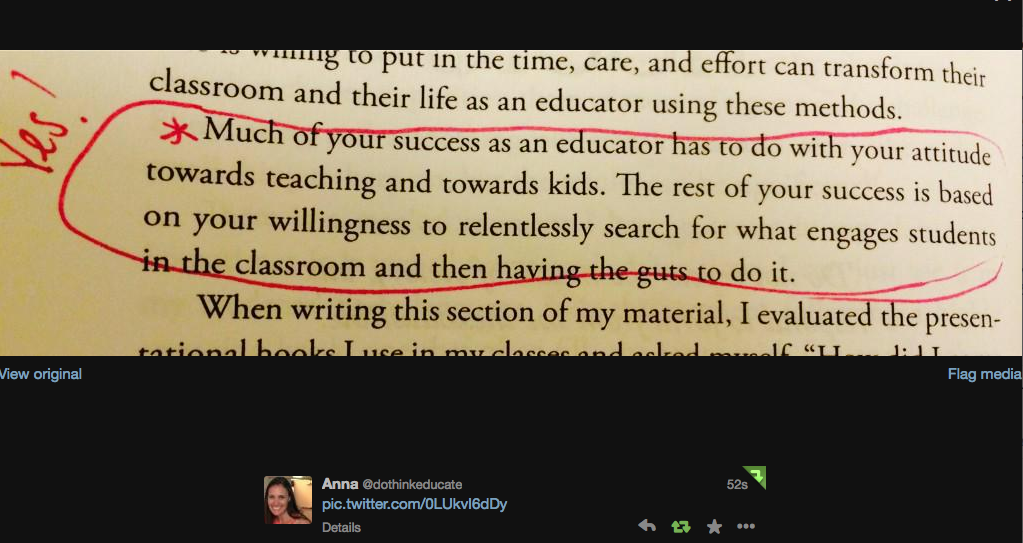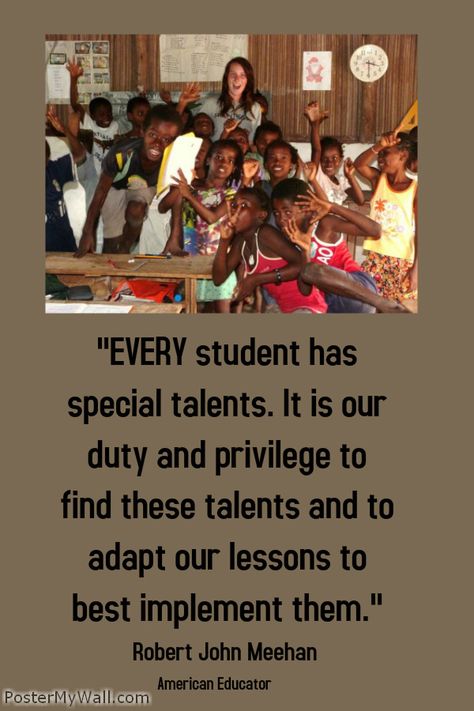
My word for 2016
How far can #oneword go? It seems that it can travel quite a long way. On January 3rd I decided to get on the bandwagon and wrote a reflection on one word that would describe my journey for 2016. It is now May and time for me to review the journey so far…
My #oneword2016 is ‘further’. I still very much love this word and it has, to date, served me well. There are five areas in my professional life in which I hoped to make progress during the year -to go ‘further’ and so far after 5 months I am really happy with where I’m at.
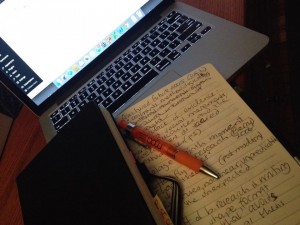
Writing up my PhD proposal for confirmation
1. The PhD
The PhD is chugging along very nicely. In fact, I have just now received the email I was waiting for, “Jo I have just finished [reading] the final draft and am happy for this to go the panel now.” Of course that now means I am preparing for my confirmation -the 20 minute presentation to an academic panel who will feedback and hopefully give me the green light to go ahead with not too many amendments. I’ll let you know how that goes in a couple of weeks.
The second part of my PhD journey is continuing the #survivephd15 chat on twitter which has now morphed to just #survivephd and happens every first Thursday of each month at 8:30pm AEST. It’s not as fast paced as others but I’m happy to be able to extend the conversations beyond the themed questions. To date I have been following the same topics covered in the MOOC course last year but after next month that will end. So I’ll be looking for ideas from fellow PhDers on themes they would like to chat about. If you’re interested you can have a look at the storify from our last chat on BOREDOM.
2. Me as learner and teacher
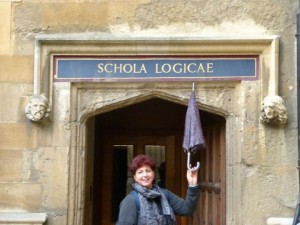
Oxford
Well I did say I wanted to go ‘further’ with this too and while I’m still doing some CRT work, I am also privileged to have a tutorial group of 2nd year pre-service teachers. They are currently on their school placements so won’t be seeing them for two weeks but trust me I have plenty to do, while they are out, marking their assignments. I have really enjoyed these classes watching them grow even in the short space of time, from when they first entered – only a few months ago – but in that time they have accomplished so much from being asked to teach a short session in a local school to getting up in front of their peers and running a half hour teaching session, to now finally completing assessments on reflective practice. I will miss them once the semester is over but hopefully there might be another opportunity in second semester to work again with pre-service teachers. Here’s hoping…
3. My coaching model
“In 2015, I was asked to work with a small team and develop a made to order coaching model for staff.”
Coaches in training
The coaching model is developing well. We have now completed the initial training for our volunteer coaches and established a group of coachees ready for the pilot program which begins in August. Throughout the training we developed coaching contracts and conducted role plays in coaching conversations. We used multiple sources including AITSL coaching guidelines, GCI (see below), CEM, Group 8 Education, ideas from Instructional Coaching by Jim Knight, and reflections by Chris Munro, to help develop our very own coaching model. We are also piloting different platforms for coaching conversations to happen including our own twitter hashtag #mlmccoaching, a private Facebook page and a Google classroom platform where we can share resources and give feedback. I intend pushing ‘further’ here and encourage the coaches take part in some coaching chats on twitter, most especially the Australian based #educoachOC.
I also decided that it would be beneficial learning for me in training others that I too follow this lead and signed up with Growth Coaching International (GCI) to learn more abut coaching and am currently in Phase Two working on telecoaching techniques. I am really enjoying reading the resources, making contact with peers and developing my skills. I hope to take this ‘further’ and sign up at the end of the next phase to become a qualified GCI coach!
In the meantime I’m preparing / developing the pilot program for my coaching school. The first two sessions will focus on building trust and relationships, without these there is no coaching success. I’ll keep you posted on our progress.
4. Special needs advocacy
With the announcement by the Victorian Institute of Teaching (VIT) earlier this year requiring teachers to attend professional learning specifically to assist and improve their capacity to teach learners with a disability, came many more enquiries from schools. I have also had a sharp hike in attendee numbers for my workshops with Critical Agendas. Last week’s session was over capacity with 47 teachers and support staff attending. Hard work, but I’m so happy that the message it getting out – certainly with a little help this area has gone ‘further’ as I have quite a number of workshops booked with schools across the metropolitan area and will continue my work in spreading the message that everyone deserves to be taught how they learn no matter where they start.

t-shirt logo
Continuing in the same vein of ‘special needs’ is the opportunity I have to work with a great bunch of people from the English Connect department and Monash University. I’m in the Peer Support group helping international students with written or spoken academic work. I’m loving this experience and the opportunity to witness our clients improve their grammar and pronunciation skills. I am so privileged to be teaching while at the same time growing as a learner myself, listening to their stories, and meeting lots of new people along the way.
5. Teaching the teacher
To date I have learnt so much already – completing my confirmation paper for my PhD was such a great learning curve and my main supervisor has taught me many new skills, as well as challenging me and supporting me in the process. I can’t wait to move into the next phase with still so much learning to do. My academic writing has improved – I am really chuffed at my skills of ‘crafting’ all my ideas into this paper. I hope I do it justice at the presentation.
The coaching model and training with GCI is something that I cherish and will continue to do so as I complete the training process.
Teaching and learning with my pre-service teachers was a career goal and hopefully I’ll have more opportunities to explore this ‘further’, along with learning at English Connect.
At the end of my post back in January I wrote:
My wish for 2016 is that I can go further but more importantly that as I go so it is that I am not alone, too far ahead or even too far behind. Will you take up the challenge with me? Are you willing to go … further?
Still stands….
Thanks for reading 🙂

